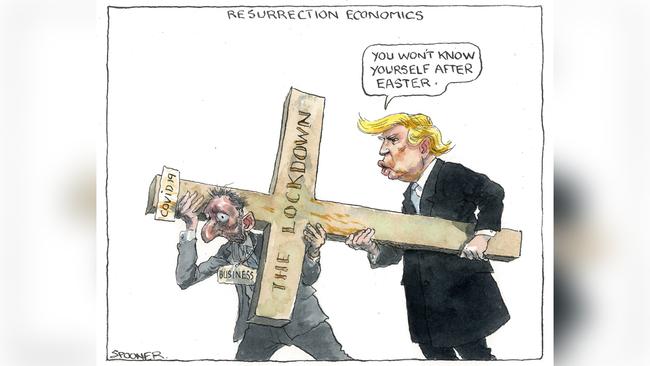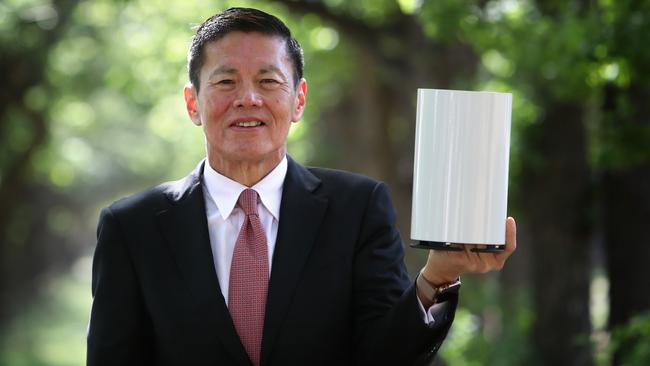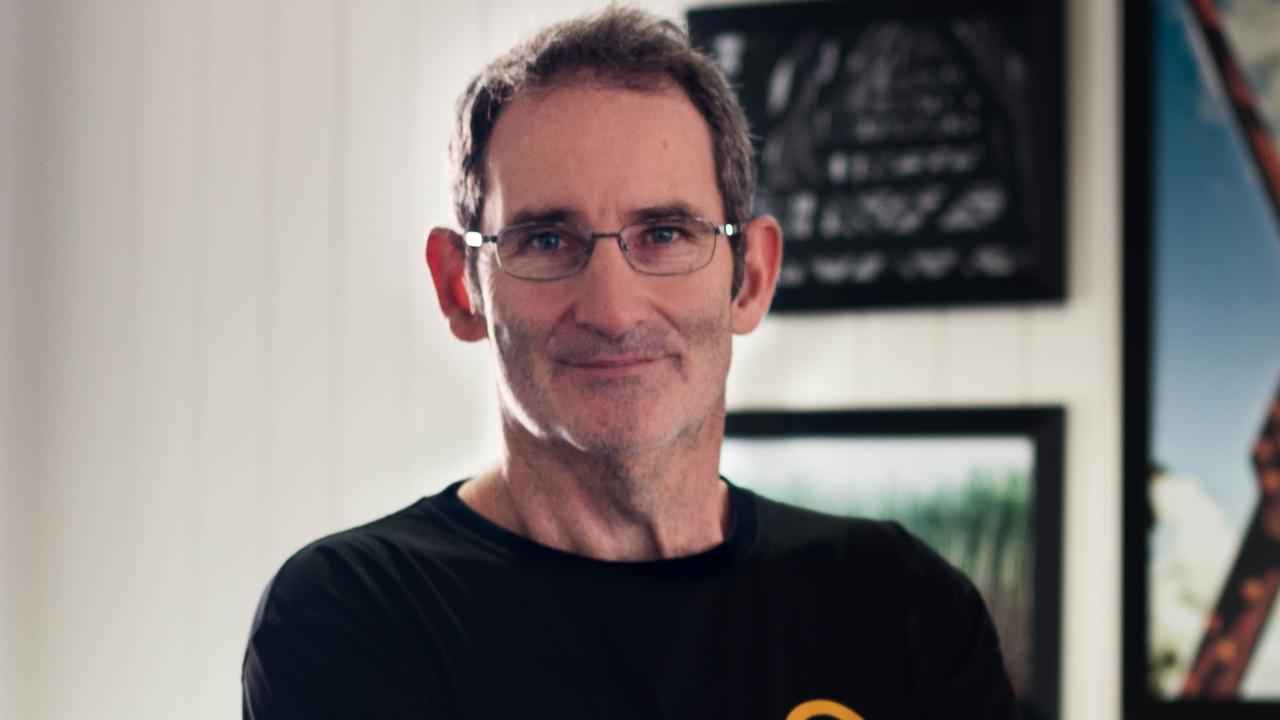
Former Optus boss Allen Lew thinks the aftermath of the coronavirus will “see a complete reset by the community and global business, with a new look at issues like inequality and climate change at a time when there will also be caution about spending money”.
Lew landed back in Singapore after 5½ years running Optus, returning to head office at Singtel to run group strategy and the Thailand operations.
His replacement in Australia, former CBA executive Kelly Bayer Rosmarin, formally starts in the job next Wednesday.
Singapore, he says, is now in what the country calls the orange stage, which means people have to be alert and maintain social distancing but restaurants are still open.
Singtel, like Optus, operates on a rotating team basis, so one group works from the office and another from home.
Rivals list Lew’s major achievements as lifting the quality of the company’s mobile network through a $6bn investment over five years and establishing a strong content strategy based around soccer streaming.

Lew himself lists an award in November 2017 for being the best mobile network; international sports streaming, in which he sees the company as a pace-setter in Australia; and the strength of the Optus brand.
All three are crucial at a time he thinks “the entire telco model needs to change”.
“It is a capital-intensive model in which network usage is rising, data charges are falling, which means revenue is under pressure and investor returns are down,” he said. “We have to ask ourselves: is there a better way of engaging with our customers? We need to look more like a big platform, so people come to you in a happy state of mind using your services. We have to engage customers so they don’t just look at you as a telco.
“The investment cycle is shortening. Just seven years ago we were investing in 4G; now it’s 5G and global returns for the industry are coming down.”
Now 5G is billed as the next revolution, with artificial intelligence taking over.
That is part of Lew’s rationale for his investment in soccer streaming, which also ranked as one of the biggest lessons in his career with the network outages during the 2018 World Cup.
The brand damage suffered in the snafu showed Lew the importance of ensuring the service is robust.
Lew is supportive of the NBN, saying “it’s time the Australian industry stops griping about the NBN — let’s embrace it and work with it”.
Lew figures 5G will be more an opportunity to complement the NBN, because “wireless will always suffer from the vagaries of the environment in which it operates”.
Lew first came to Australia in 1973 when he completed an engineering degree at the University of WA and in all has spent 14 years in the country with 10 in two stints at Optus.
He has worked with Singtel for 40 years. “It’s been very good to me with the opportunities I have had and it also sent me to business school.’’
Optus has about 34 per cent of mobile customers in Australia and accounts for 30 per cent of industry revenue, behind Telstra at over 50 per cent.
Some in the industry think Optus is most under threat by the combination of TPG and Vodafone but Lew is confident, saying “there will be three competitors, which means it will all be down to execution”.
Lew is full of praise for Australian regulation, saying it “makes sure there is a level playing field”.
Former rival Inaki Berroeta disagrees, arguing the rules are loaded in Telstra’s favour.
Lew thinks it is just the biggest.
Singtel acquired Optus in 2001 and the company is still its single biggest earner, accounting for 40 per cent of group earnings.
Asked about his legacy, Lew said: “Maintaining the Optus spirit of being bold, linking friends and having a positive impact on their lives.”
Rental rebellion
Myriad loopholes are appearing as the government attempts to prepare business for the post-virus world, like the rules allowing courts to force landlords to give businesses a break on their rentals.
The rule of thumb in voluntary administration says landlords are not bound by decisions unless they vote for it.
The remedy is the so-called court-imposed cram down in which courts force landlords into rental concessions. The amendment needed is to give the courts discretion to take the virus shutdowns into effect.
Likewise for insolvency practitioners — by law they are personally liable for leased property unless excused by the courts, so the corporate undertakers want the court to have regard for the virus to give practitioners more time to sort out the rental arrangements.
Reset society
As the largely white men in suits speaking for the national cabinet roll out new measures to combat the virus, it is starting to dawn on some that if the aim is to get business back on track then we have to ask what sort of community we will have left.
This is a bigger issue than can be addressed here, but in short the argument is that the society headed into the crisis had a few problems, so surely this crisis is a time to reset and make some changes.
Never waste a crisis is billionaire Solly Lew’s motto as he tries to leverage money from his landlords, and maybe the government could adopt the same thinking.
The market economy is paramount but it works best when the community is healthy both physically and mentally and maybe some who are bypassed by the market signals could be part of the solution.
Across the country football clubs are shutting down and with them goes the local footy, Ozkick and other activities, long lines crowd out Centrelink offices, domestic abuse is threatening to skyrocket and mental illness is more than a talking point.
Much of Australia was still recovering from the bushfires when the virus news hit, so let’s use the national reset the virus represents to actually deliver an energy policy that helps reduce climate change.
The bridge the government talks about could be used to lift groups in society who aren’t doing so well like the indigenous community, young people in regional Australia and the migrant community who looked after the aged.
The ACCC on Friday joined ASIC and APRA as regulators that will focus their efforts on the crisis recovery — but what happens later? If all this effort is being focused on the national recovery then let’s widen the net.



